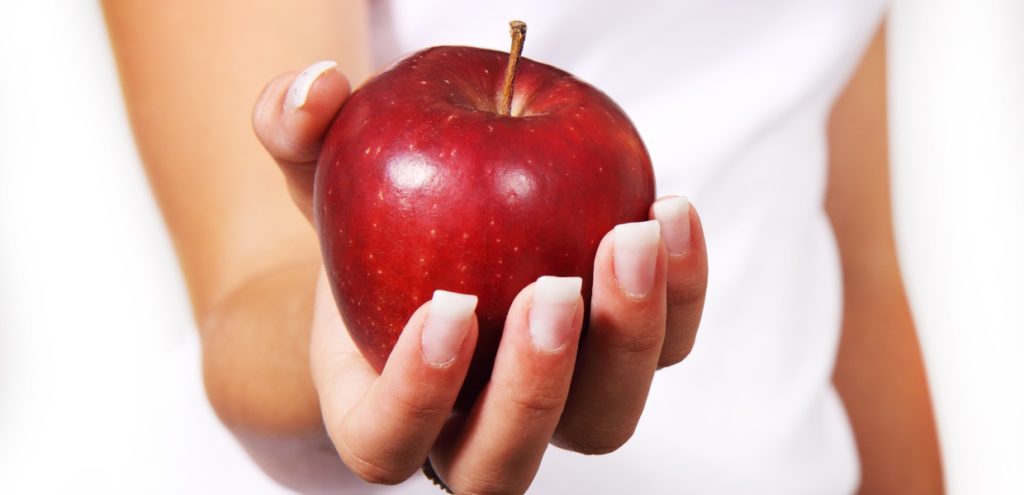
There is a new minor being offered through the Kinesiology Department in the College of Education. This Sports Nutrition minor is open to all students, but may be especially beneficial to students who are in a health-related major. The minor will be comprised of a sequence of classes that will make a total of 26 credit hours. There are two additional courses for those who are interested in continuing on to pursue a graduate degree in nutrition, such as a Registered Dietitian program.
Since this is a new minor, there will be some initial flexibility regarding the sequence of which students are expected to take the courses. This is to give upperclassmen the opportunity to take part in the minor before they are expected to graduate. As the program develops, the order of classes will be enforced. It will be important for students to take the prerequisite prior to taking the other classes. This prerequisite is Basic Nutrition (BIOL 2000). Dr. Deanne Allegro, an Associate Professor from the Department of Kinesiology, explained that for the 2018 spring semester, the program will begin with offering two classes, Nutrition Assessments (PHED 4210) and Advanced Topics in Sports Nutrition (PHED 4950). Then in the fall, Lifecycle and Community Nutrition (PHED 4220) and Metabolism and Function of Nutrients I (PHED 4240) will be offered.
According to the Class Description, the Nutrition Assessments class will “explore” the “dietary assessment methods, anthropometrics and biochemical measures… in the context of nutrition screening, chronic disease prevention, and intervention effectiveness.” Students will learn how to understand surveys and how those surveys are used to make national guidelines. In Advanced Topics in Sports Nutrition, the description states that students will “explore current concepts in nutrition and exercise science.” The class will “focus…on developing skills necessary for acquiring competency, evaluating research for validity and translating findings into professional application.” Advanced topics will involve research and discussing more disputed topics. Due to the intensity of this course, it is highly recommended that students take BIOL 2000 prior to taking this course.
Dr. Deanne Allegro explained that “for a health-related major, it would be huge… if you graduate with an exercise science degree, you can sit for a sports nutrition certification. There are two types of sports nutrition [certifications]. One is a registered dietitian based and the other is exercise science based.” With this sports nutrition minor, students have the background to sit for these exams. Even if a student doesn’t sit for either of these exams, knowledge of sports nutrition can be beneficial to pursuing other jobs, such as working in a gym setting or as a physical education teacher. For a non-health related major, the information may supplement their future career. For example, a journalism major may want to become a health writer.
Whether a student is studying to be a nurse or who may be looking for a good supplement to their major and future career goals, the Sports Nutrition minor could be an excellent choice. There are several options and opportunities after graduation for those who take part in this program. For those who are interested in the minor, the advisor is Melissa Card, Certification Officer and Director of Field and Clinical Programs in the College of Education. There should be information posted to the AUM website soon. Until then for any detailed questions regarding the minor, students can contact Deanne Allegro in the Kinesiology Department.
By Rachel Son
